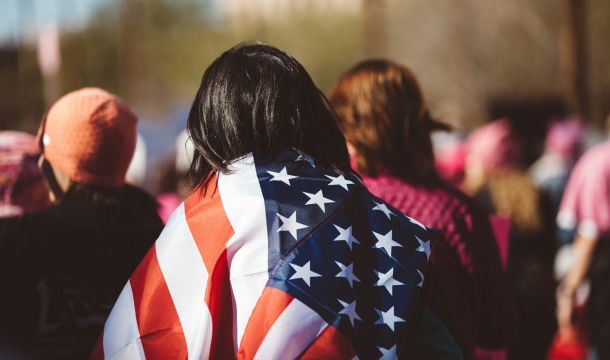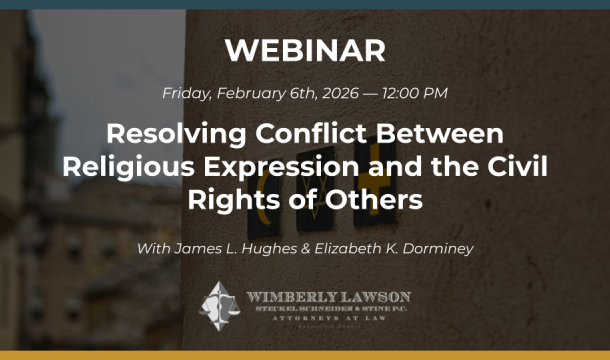U.S. Supreme Court Ruling In Tyson Foods Could Result in More Class and Collective Actions
Last week, in Tyson Foods, Inc. v. Bouaphakeo et al., No. 14-1146, the United States Supreme Court ruled that class and collective action plaintiffs can establish liability through statistical or "representative" evidence, as opposed to individualized assessments of employees. In the Tyson Foods case, the Court allowed the plaintiff-employees to use a statistical expert who conducted representative time studies to determine the average number of minutes that the employees spent on pre-shift and post-shift activities. A jury returned a verdict of $2.9 million in favor of the plaintiffs for unpaid wages, and that verdict was affirmed by the Supreme Court. Several experts have already opined that the Supreme Court's approval of this type of statistical evidence could make class action and collective action litigation more attractive to plaintiffs' attorneys. For a full analysis by our own Betsy Dorminey (ekd@wimlaw.com) please click on the following link: http://www.fed-soc.org/blog/detail/tyson-foods-v-bouaphakeo-supreme-court-addresses-wage-hour-collective-actions-and-statistical-proof.

Kathleen J. Jennings is a former principal in the Atlanta office of Wimberly, Lawson, Steckel, Schneider, & Stine, P.C. She defends employers in employment matters, such as sexual harassment, discrimination, Wage and Hour, OSHA, restrictive covenants, and other employment litigation and provides training and counseling to employers in employment matters.
Related Content
Get Email Updates
Recent Content

Effect of Administration’s Abandonment of Disparate Impact in the Area of Discrimination Continues to Be Felt

Issues Arise for Employers Concerning the Overtime Tax Break

NLRB To Move Quickly as Quorum Is Restored

EEOC Issues New Guidance on National Origin Discrimination

Resolving Conflict Between Religious Expression and the Civil Rights of Others




